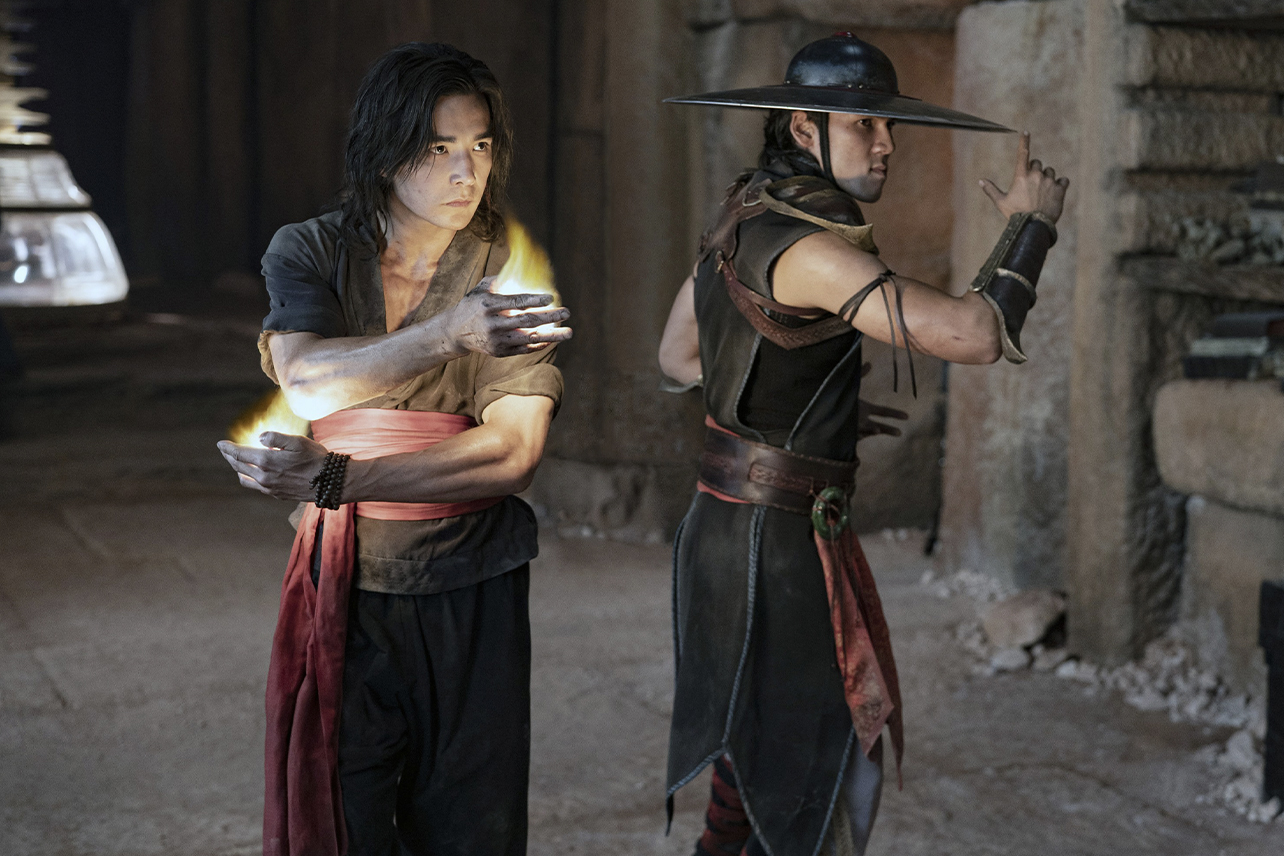
What is the purpose of filmmaking, of going to a dark room miles away from our homes and sitting with strangers staring at a big screen for hours on end? For some, cinema’s raison d’être is to inform and enlighten, using the storytelling to impart some form of lesson unto viewers as Aseop did millennia ago. For others, the medium exists simply to entertain, to provide a respite from the stress of our everyday lives and an excuse to laugh or stare in awe at the human ingenuity and the evolution of audio/visual technology. Indeed, as the financial stakes of movies have steadily skyrocketed and fans have become invested in the years long trajectories of interconnected cinematic universes, and as prestige indies have become have become so beloved that the studios that create them have spawned devoted fandoms of their own, the hyper devotion to film studios and franchises has seemingly made many forget that the point of all this is to have fun, in whichever way you define it. One type of film that focused heavily on the pure sugar rush aspect of filmmaking was the B movie, a form of cheesy, schlocky moviemaking that was made on the cheap and played after mainstream fare during double features. The subgenre which began as a guilty pleasure and ended with numerous cult classics, and outright classics, has all but disappeared as even mid-budget films struggled to get made in the modern film industry. But on April 23, a zombiefied hand seemingly reached out from the grave as it would have in a 1960s co-feature with Mortal Kombat, the latest attempt at establishing a franchise based on the legendary fighting video games.
The film finds us following amateur cage fighter Cole Young (Lewis Tan), who finds himself at a crossroads as he tries to provide for his young family. Cole is soon approached by military veteran Jax (Mehcad Brooks) who informs him that he has been chosen to fight in a mysterious tournament as they’re being chased by the mysterious warrior Sub Zero (Joe Taslim). After finding Sonya Blade (Jessica McNamee) and the rogue mercenary Kano (Josh Lawson), the trio soon finds sanctuary at the temple of Lord Raiden (Tadanobu Asano). Training with experienced fighters Liu Kang (Ludi Lin) and Kung Lao (Max Huang), Cole prepares to stand with Earth’s greatest champions to take on the enemies from Outworld in a high-stakes battle for the universe.
While not a B movie per se in terms of its reported $50 million budget (but comparatively speaking, such a number does make this low budget now doesn’t it?), Mortal Kombat features the flimsy plot coupled with entertaining action sequences, mostly unknown actors, and eye-catching visuals paired with costuming made on a shoestring budget that made the B movie so cheesily enjoyable despite the poorer execution. The film does rely heavily on nostalgia and the audience’s familiarity with the source material, putting many callbacks to the game such as catchphrases, fighting moves, and locations front and center. This strategy was hit or miss as Scorpion’s signature “Get over here!” move and phrase was a welcome sight, but each character finding a way to shoehorn their name into each introductory scene become repetitive very quickly.
This sort of good with the bad defines Mortal Kombat and is what evokes the memory of the B movie. What works here works, the visual effects and CGI are genuinely high quality, bringing to life the fantasy elements of the sci-fi fighting game in a way that seemed impossible when these films were first attempted in the 90s, but the costuming was laughably bad in some ways and where the small budget shows itself. The plot is paper thin and barely makes sense. The Earth realm characters must defeat the Outworld characters in a fighting tournament to save the Earth…but the tournament never happens and instead the characters just chase each other around and fight in random locales. It is also driven by a character new to the lore of the franchise that fails to connect; Cole Young is least compelling of the ensemble and has the most boring power set onscreen. Despite this, the action scenes largely work and keep viewers invested and entertained, story structure and depth be damned.
Normally, such a mixed bag would mortally wound a film and its perception, particularly when it comes to the plot, but ultimately doesn’t Mortal Kombat achieve what many in the audience sought for it to achieve? As the B movies of yesteryear never pretended to be anything other than they were and provided a pleasurable hour in a theater where you got to turn off and tune in as a cheaply made alien, monster, or outlaw terrorized onscreen, shouldn’t there be room for the same on our screens today? What the film fails to offer in cinematic preciseness and sophistication, it will make up for in enjoyment and amusement in the eyes of many. In an era where pure love of the cinematic experience has been replaced by dogged devotion to brands and unrestrained rancor on their behalf, the charm of a pleasurably flawed movie may elevate this film from a disappointment to a breath of fresh air for many viewers. It may largely be a mess, but chaos absent manufactured polish can feel more pure in a time of focused group specific output.
Image: Warner Bros.

